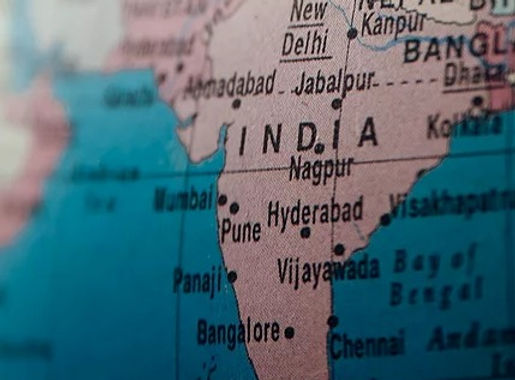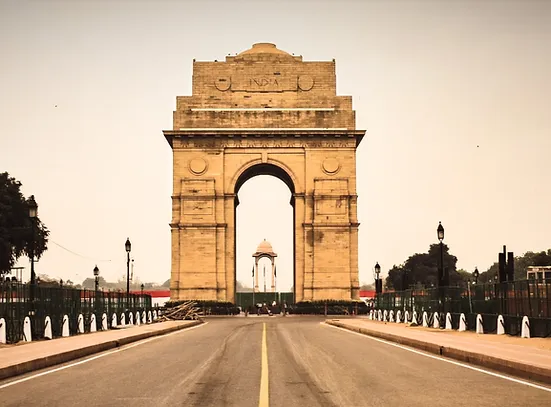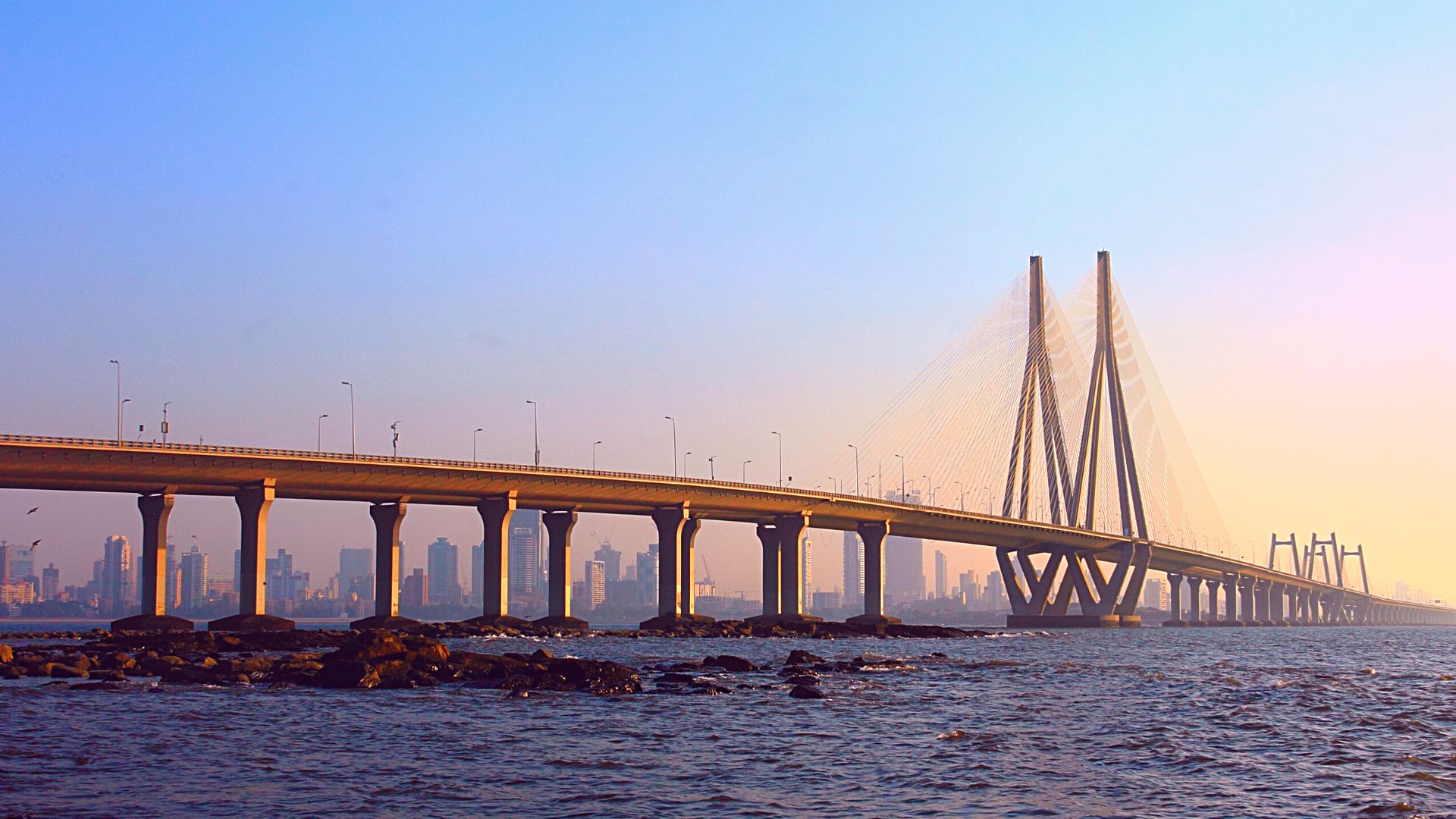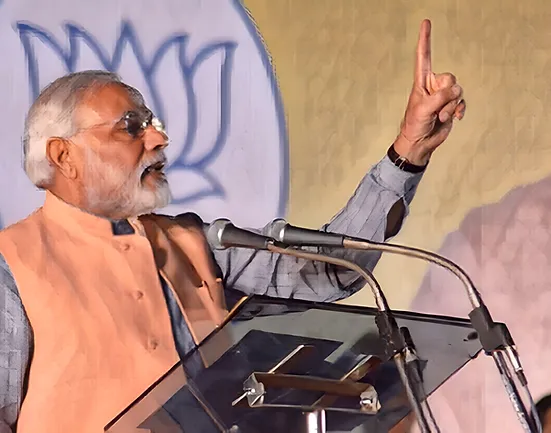Pathways deliver a deep dive into navigating the ideas and insights on new and rapidly growing India asset classes. In this Pathway we examine how geopolitics has shaped India's post-independence democracy and consider its long term investment case.
On 15th August 2022, India celebrated 75 years of being a free country since ending British colonial rule in 1947. Though India boasts a civilization with recorded history of over 5,000 years, India, as a modern nation state, is very young.
Despite rumours of its impending death over the past 75 years, India is humming along. It has handled the pulls and pressures of diversity in culture, religion, language, and political thought to remain a vibrant democracy.
While much is to be done, its steadily growing economy has helped bring millions out of poverty. The next 25 years will determine the success of India’s social challenges of strengthening the democratic institutions, raising the quality of education and health, improving the standard of life for the bottom 20% of its people by providing opportunities for job and income creation.
Through a series of articles we look at what shaped India’s post independence political and economic trajectory and whats in store over the next 25 years when India celebrates its 100th anniversary.
Crucially, what does this mean for investors and how should they look at India as a strategic allocation?
Explore how our two main strategies – India Value Equity and India Responsible Returns - are built on sound investment principles and follow a disciplined investing process.
















